SUMMARY
This is AI generated summarization, which may have errors. For context, always refer to the full article.
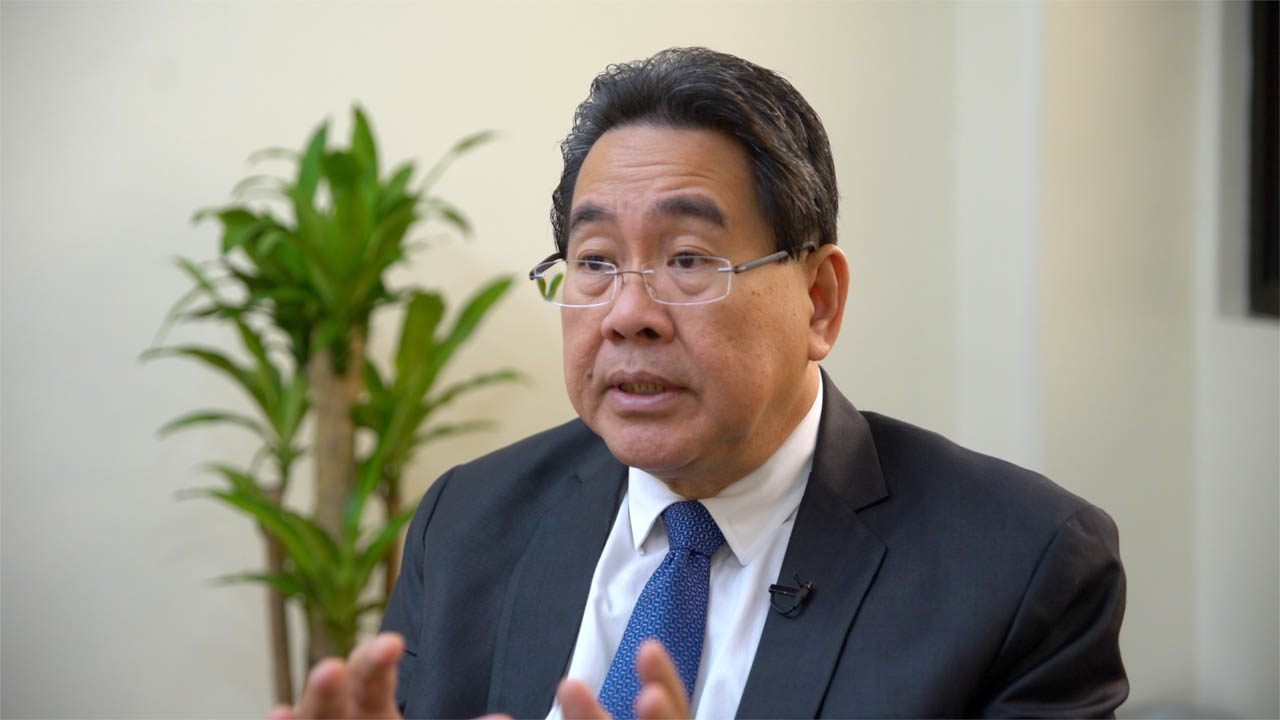
The House committee on constitutional amendments will convene soon after after Congress reopens its session next week to discuss the amendments to the 1987 Constitution proposed by 1,489 mayors in the League of Municipalities of the Philippines (LMP).
House panel chair Rufus Rodriguez said in a statement on Monday, July 20, that he will call for a committee hearing within the next two weeks after Congress resumes its session “to get the sense” from the members on the LMP’s proposed charter changes, which are:
- Lifting restrictions on foreign investments
- Institutionalizing the Mandanas ruling of the Supreme Court
In 2018, the High Court allowed the Internal Revenue Allotment (IRA) of local government units to be sourced from all national taxes, and not just those collected by the Bureau of Internal Revenue. The petitioner of the case was former Batangas governor Hermilando Mandanas.
On Friday, July 17, Narvacan Mayor Luis “Chavit” Singson announced the LMP – of which he is president – passed a resolution endorsing these proposed amendments.
A copy of the LMP resolution on charter change was already given to Department of the Interior and Local Government (DILG) Secretary Eduardo Año, according to a GMA News Online report.
“I will call a virtual meeting of our committee possibly within the first two weeks of our session to tackle the proposals of our 1,489 town mayors and other pending measures,” Rodriguez said.
The 18th Congress will reopen session on Monday, July 27, the same day President Rodrigo Duterte delivers his 5th State of the Nation Address.
This means charter change discussions will be revived in the House as early as the last week of July or the first week of August.
Several lawmakers have also filed resolutions that would ease the constitutional restrictions on foreign investments – either by completely removing the requirement that at least 60% of public utility enterprises’ capital stock must be owned by Filipino citizens or corporations, or by giving Congress the power to pass a law that would allow this.
Amendments ‘worth considering’
Rodriguez himself agrees with the LMP’s proposal, arguing these would help bring in more funds as the country continues to grapple with the coronavirus pandemic.
“The IRA allotments for the LGUs will be significantly increased which are needed by the LGUs to address the COVID- 19 pandemic and other local development programs and strengthen local autonomy in our country,” said Rodriguez.
The Cagayan de Oro City 2nd District representative added relaxing the restrictions on foreign investors is an “amendment worth considering” because the government needs to provide jobs to millions of Filipinos displaced by the pandemic.
“Specially this time when we need more foreign investments and to invite more foreign businesses relocating from China, in order to provide much needed jobs for our people, this amendment is worth considering,” Rodriguez said.
In January – before the COVID-19 crisis hit the Philippines – the House committee on constitutional amendments reopened its Cha-Cha hearings to discuss the amendments proposed by the Inter-Agency Task Force (IATF) on Federalism and Constitutional Reform.
Several provisions were controversial and did not sit well with lawmakers. These included the proposed anti-dynasty provisions and the creation of the Regional Development Authority, which the IATF already scrapped following strong opposition from House members.
Legislators also opposed the IATF proposal to regulate campaign spending and contributions, calling it “stupid” and “unrealistic.”
A shift to federalism – where the country would be divided into autonomous regions – was a campaign promise of Duterte, though he did not mention Cha-Cha in his 4th SONA in July 2019.
Still, the Duterte administration said it would continue pushing for federalism. In May, while the country struggled with the coronavirus outbreak, the DILG renewed its push to revise the Constitution by gathering signatures from Filipinos to press lawmakers to back charter change.
Rodriguez told the DILG at the time that “cha-cha can wait” since Congress was not in session then and the government needed to focus on its pandemic response. – Rappler.com
Add a comment
How does this make you feel?

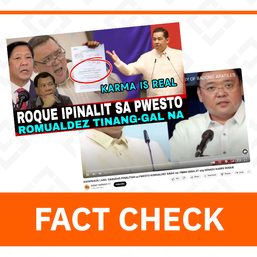
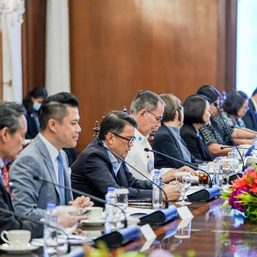
![[OPINION] The First Mode conundrum](https://www.rappler.com/tachyon/2024/03/tl-first-mode-conundrum-03232024.jpg?resize=257%2C257&crop=283px%2C0px%2C720px%2C720px)
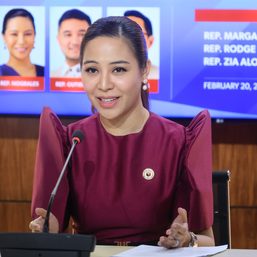
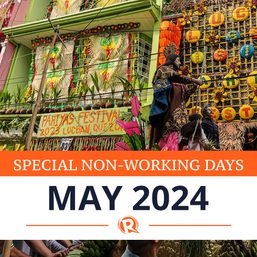
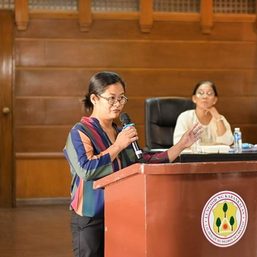


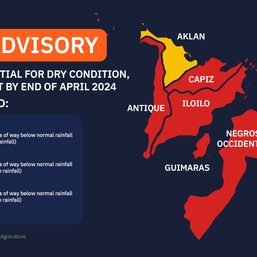
There are no comments yet. Add your comment to start the conversation.